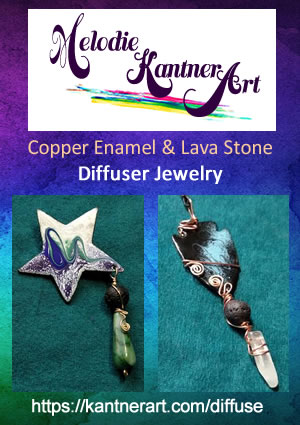Essential Oil Quality
What You Should Know About Essential Oils
Unfortunately, not all essential oils are created equal. Most of the essential oils on the market are what is called “perfume quality” or “fourth & fifth quality” oils. This includes oils found in health food stores.
To maintain all of the beneficial properties, it must be extracted by steam distillation using extremely low pressure & low heat so as not to defile the quality of the oil.
Many people think that when they buy an oil that is labeled as “pure” they are getting good oils. This is far from true.
There are 4 levels of essential oil quality:
![]() PURE – This means the oil was not diluted with a lesser quality essential oil. For example: lavender oil is often cut with lavendin, which has very little beneficial properties. “Pure” does not mean it has no chemicals added to it. In the U.S., all you need is 5% of essential oil in the bottle in order to label it “100% pure.”
PURE – This means the oil was not diluted with a lesser quality essential oil. For example: lavender oil is often cut with lavendin, which has very little beneficial properties. “Pure” does not mean it has no chemicals added to it. In the U.S., all you need is 5% of essential oil in the bottle in order to label it “100% pure.”
![]() NATURAL– This means the oil was not adulterated with vegetable oils, propylene glycol, SD Alcohol 40 or other chemicals.
NATURAL– This means the oil was not adulterated with vegetable oils, propylene glycol, SD Alcohol 40 or other chemicals.
![]() COMPLETE – This means the oil was distilled at low heat & low pressure so that all the beneficial properties are there. They have not been rectified or purified (which means stripped or redistilled.) Essential oils are often redistilled to make a small amount of oil go farther. They can make more profit that way. The problem is, when you redistill the oil you lose the beneficial properties. It’s like using a tea bag over & over again. An example: France is the number one producer of lavender oil. In 1997 they produced 25 tons of lavender and 67 tons were shipped to the U.S. alone. What is wrong with this picture?
COMPLETE – This means the oil was distilled at low heat & low pressure so that all the beneficial properties are there. They have not been rectified or purified (which means stripped or redistilled.) Essential oils are often redistilled to make a small amount of oil go farther. They can make more profit that way. The problem is, when you redistill the oil you lose the beneficial properties. It’s like using a tea bag over & over again. An example: France is the number one producer of lavender oil. In 1997 they produced 25 tons of lavender and 67 tons were shipped to the U.S. alone. What is wrong with this picture?
![]() GENUINE & AUTHENTIC– These are the cream of the crop. Great care is taken at every step of the process. Seeds- not from hybrids, soil- organic soil that never has chemicals put on it. Chemicals are never used on the plants in the field. Distillation by steam at low pressure & low temperature in upright containers & no chemicals are ever used in the process. Must have clarity of definition (one plant could have 200 species.) The time in the distiller is also important- cypress oil needs to be distilled for 24 hours. Many companies will distill at higher temperature for a shorter time. This will destroy the quality of the oil. The distiller must be no more than 50 miles away from the sight where the plants were harvested.
GENUINE & AUTHENTIC– These are the cream of the crop. Great care is taken at every step of the process. Seeds- not from hybrids, soil- organic soil that never has chemicals put on it. Chemicals are never used on the plants in the field. Distillation by steam at low pressure & low temperature in upright containers & no chemicals are ever used in the process. Must have clarity of definition (one plant could have 200 species.) The time in the distiller is also important- cypress oil needs to be distilled for 24 hours. Many companies will distill at higher temperature for a shorter time. This will destroy the quality of the oil. The distiller must be no more than 50 miles away from the sight where the plants were harvested.
They must have Gas Chromatograph readings with an embossed seal that does not come from their own lab.
Then & only then are they truly Genuine and Authentic Premium Grade.
More Articles On Essential Oil Quality
Getting to the Root of Our Success – Young Living Farms
What Makes An Essential Oil Authentic Premium Grade?
Adulterated Oils and their Dangers
What You Should Know Before Selecting Essential Oils – 9 Dirty Tricks Commonly Used to Extend Profit
How to be Sure your Essential Oils are Authentic Premium Grade





